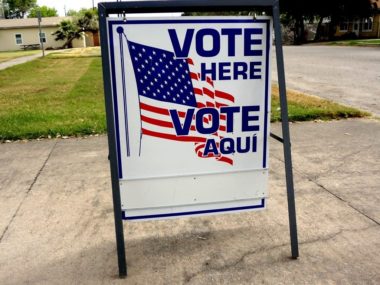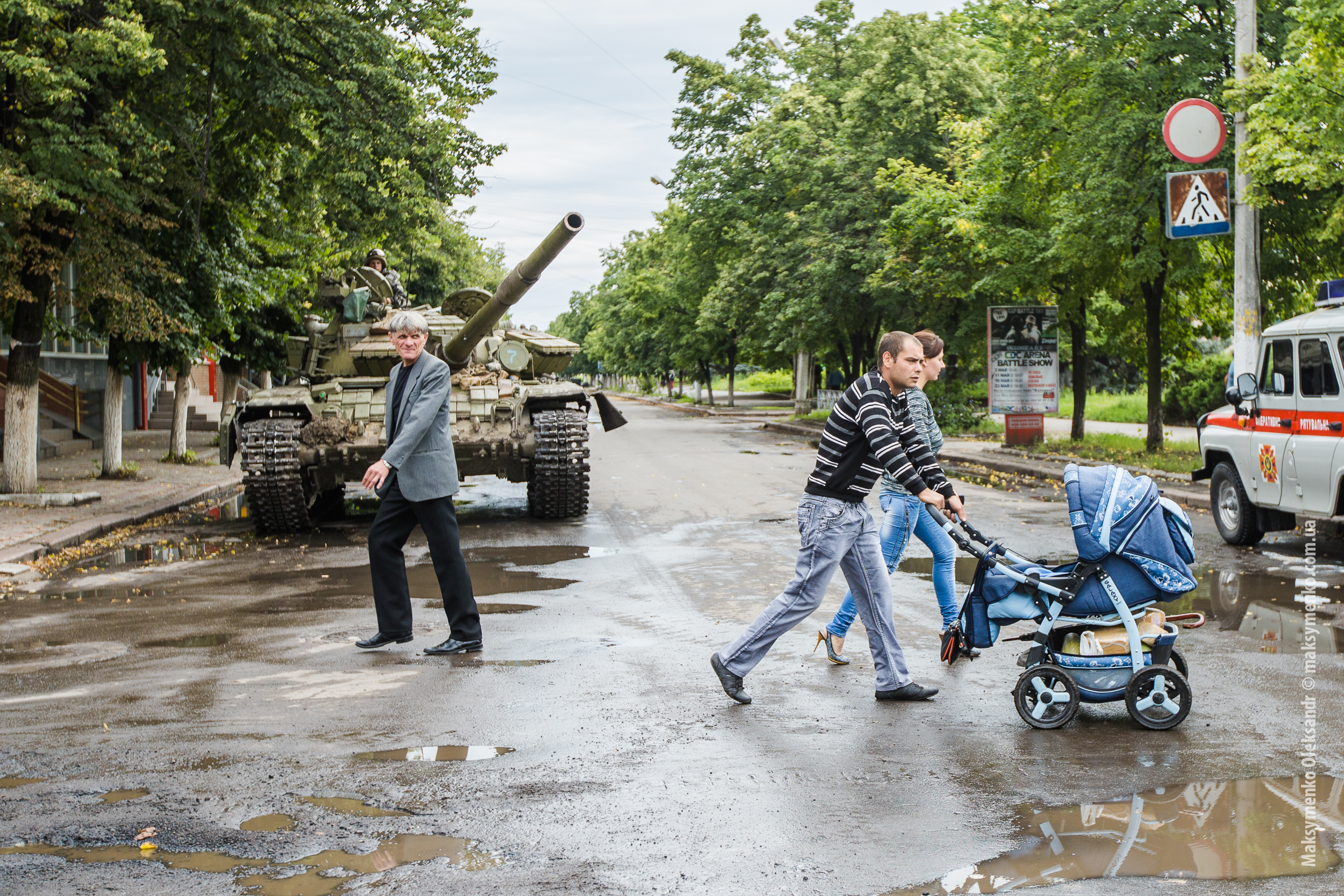
Pro-government militias are proliferating in the civil wars in Syria and Iraq and this means that the wars are likely to be longer, bloodier and messier (see here, here and here). Today, the number of Shia militias in Iraq continues to grow, while hundreds of pro-Assad militias already exist in Syria. This explosion of armed factions has made even optimists in Washington DC gloomy about the Obama administration’s desire for a negotiated solution to these wars. The more factionalized a civil war, the less likely it is to end in a negotiated settlement.
But there may be some good news. In a rigorous study of 53 multi-party civil wars (including a detailed case study of Afghanistan) Fotini Christia at MIT found that competing rebels don’t want to fight to the death. In fact, armed factions generally want to side and settle with the likely winner of any war, but they only want to do this if they can have a credible guarantee that the winner will not strip them of power once they gain victory. Negotiated settlements in highly factionalized civil wars, therefore, are possible.
Here’s the tricky part. Successful negotiated settlements to civil wars have almost always required detailed political and security guarantees to convince warring parties to stop fighting. In the past, security guarantees have generally come from third party peacekeepers such as NATO (e.g., Bosnia) or the UN (e.g., Mozambique). The key was to reassure fighting factions that they wouldn’t be exploited by a peace agreement and that their rivals would honor promises to share power over time. The problem is that no third party – including the U.S. – is currently willing to commit the soldiers necessary to guarantee a peace agreement in the Middle East. The political will is simply not there.
This is where militias come in. Multiple militias that break down along sectarian and geographic lines could supply the security guarantees for their constituents without the need of a third party. Having your own militia (or the ability to quickly re-constitute one) could reassure competing groups in Syria and Iraq that they would be protected should any political agreement break down or be ignored. Semi-autonomous militias have the added benefit of checking the concentration of power and giving competing groups the ability to keep each other in line. The result is that everyone behaves better and no one is able to exploit the other.
This does not mean that a political settlement should include all the many militias and armed factions that currently exist. Or that allowing the larger factions to retain some of their arms and soldiers in some capacity is not without risks. It just means that allowing the larger factions to retain a degree of autonomy over their own security once a settlement is signed, could be the key to its successful implementation.
So, while multiple militias complicate the negotiating process in the short-term, they could also make long-term enforcement easier, and therefore more likely. The more self-enforcing a political settlement is by the factions themselves, the more attractive it will be to them, and the more likely it is to hold.







5 comments
Can the author describe her perceptions as to what the root causes of the seemingly endless war and violence in Syria are? Unless the truth becomes discovered and revealed about the real source of the conflict, that basis for starting down the road to ending hostilities does not become established. In other words, without the truth being exposed the conflict likely continues.
Reblogged this on Refugee Archives @ UEL.